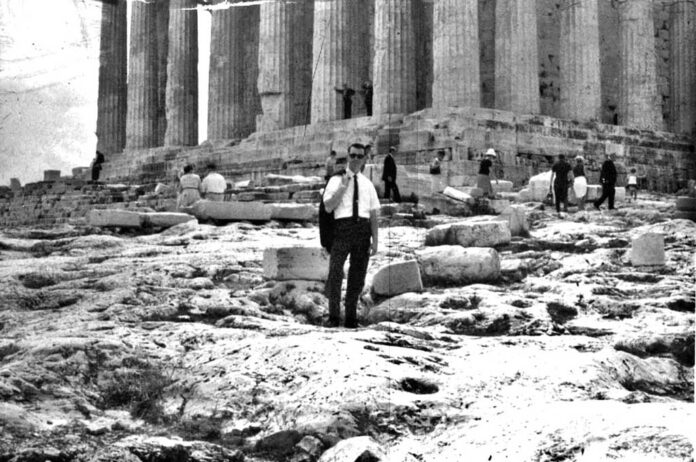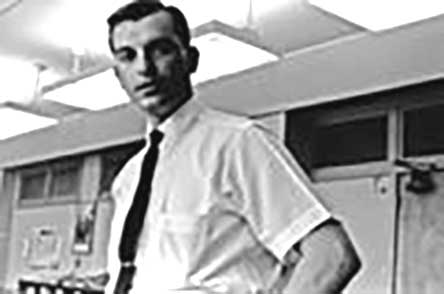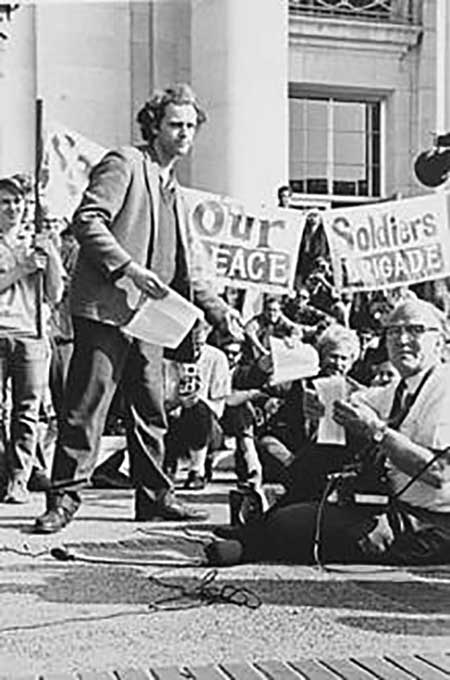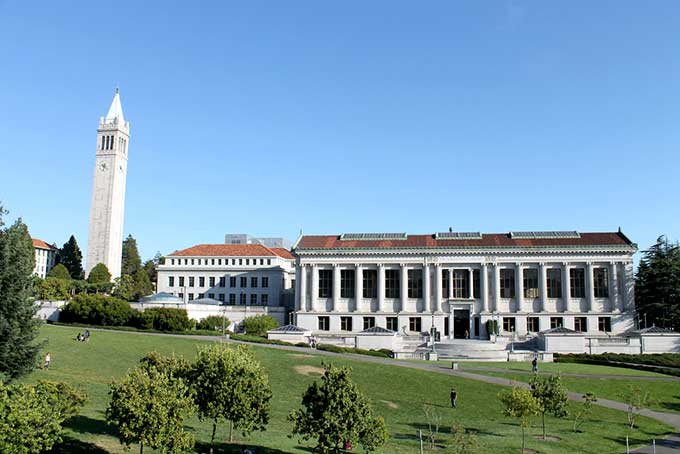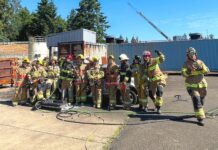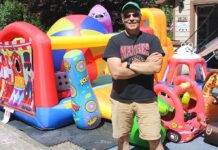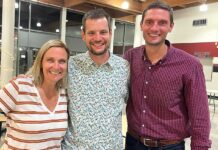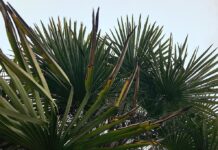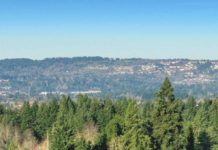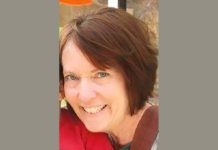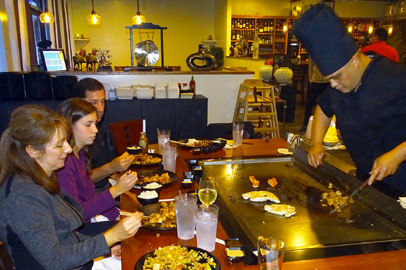Dave Dehart returned to the states in 1964 after a year in South Korea where he had been actively involved in counter-intelligence activities against North Korean spies. His life had significantly changed from his initial duty in the states where he had been chauffeur for 18 months in the LA area for the 47th Artillery Brigade Commanding General.
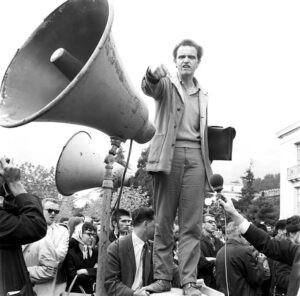
Now he is assigned to the Oakland Field office of 115th Military Intelligence Corps. His family has joined him in Oakland. There he is one of six Special Agents conducting background investigations for military personnel needing a clearance to handle classified information. That assignment continued until the anti-war movement in late 1964 created a more important mission; to photograph and identify the leaders of the movement. He said “we were issued Speed Graphic cameras, assumed cover as photojournalists, and infiltrated the protest marches and rallies”. Dave remembers photographing Mario Savio from the steps of Sproul Hall on the University of California campus at Berkeley. David explained that he watched Mario order a crowd to sit and resist when police tried to break up their rally. Eventually, Mario told the crowd to disperse. After a year working out of the Oakland Field Office, Dave was transferred to the Group Headquarters at the Presidio in San Francisco. He was Chief of the Technical Section of the 115th Military Intelligence Group. There he performed “technical inspections” to locate and neutralize clandestine listening devices in Army installations throughout the Group’s nine-state area of operation. He also gave security lectures regarding “Sabotage and Espionage Directed Against the Army.”
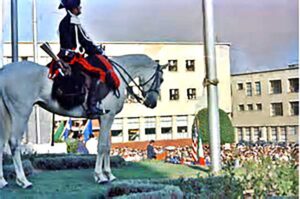
In 1965, Dave was transferred to the military intelligence detachment located at the NATO Headquarters in Naples, Italy. He said “This was a ‘dream assignment.’ I was accompanied on this tour of duty with my wife and children.” The detachment consisted of five agents and three administrative personnel. Allied Forces Southern Europe (AFSOUTH) was commanded by Admiral Isaac Kidd, Jr., a three-star flag officer. His office in the headquarters building was just down the hall from David’s. Dave had an interesting neighbor where he lived in a Naples suburb called Ponte di Soccavo, who was the “Chief of Port” for the Navy’s Sixth Fleet. As the highest ranking petty officer in the Fleet, he was a powerful friend to have in Naples. His neighbor wanted to build a skeet shooting range for the AFSOUTH personnel and gained the full support of Admiral Kidd, who was also an avid skeet shooter. Dave said “It took us only three weeks to build a ‘state of the art’ range, where we later hosted European Championship matches. Admiral Kidd joined six of us in constructing the facility, shoveling, pounding nails, and raking. He was a hardworking man with a chest full of awards who never forgot his duty to look after his men.”
While stationed in Naples, Dave’s duties were similar to when he was at the 115th in California. This had him traveling four times to Greece and other Mediterrianean countries to conduct special investigations. He lived in Malta for two months while conducting counterintelligence inspections. He became trained in active counterespionage operations. Following a successful breakup of a foreign intelligence network targeted against NATO forces in Italy, involving a high-ranking foreign intelligence service spy, Dave was promoted to Warrant Officer and presented his second Army Commendation Medal.
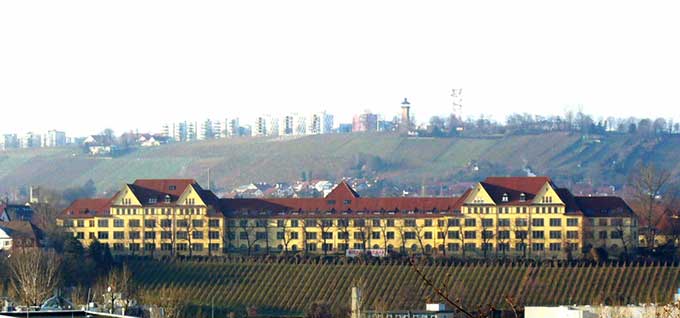
His next duty station was in Bad Cannstatt, Germany, North of Stuttgart, where he was assigned to 66th Military Intelligence Group. His family moved with him and they were able to travel throughout Europe. His only regret was not being able to travel to Berlin because of his security clearance restrictions. In Germany, he was a desk officer for a year, controlling field case officers – agents working with foreign espionage agents. He explained “We worked strictly double agents; East Germans, or Hungarian or Czech agents who came across the border and were captured by us. We retrained and redirected them back against their own intelligence services. Yes, those are double agents.” He says this was great training experience but was discouraging physically, having to work from a desk and wear a uniform. By this time, Dave was long overdue for Vietnam service. But he didn’t go directly. In August, 1968, because of his language ability, he was first sent to Fort Bliss, Texas to learn Vietnamese through a 47 week course with the Academy of Language Sciences.

